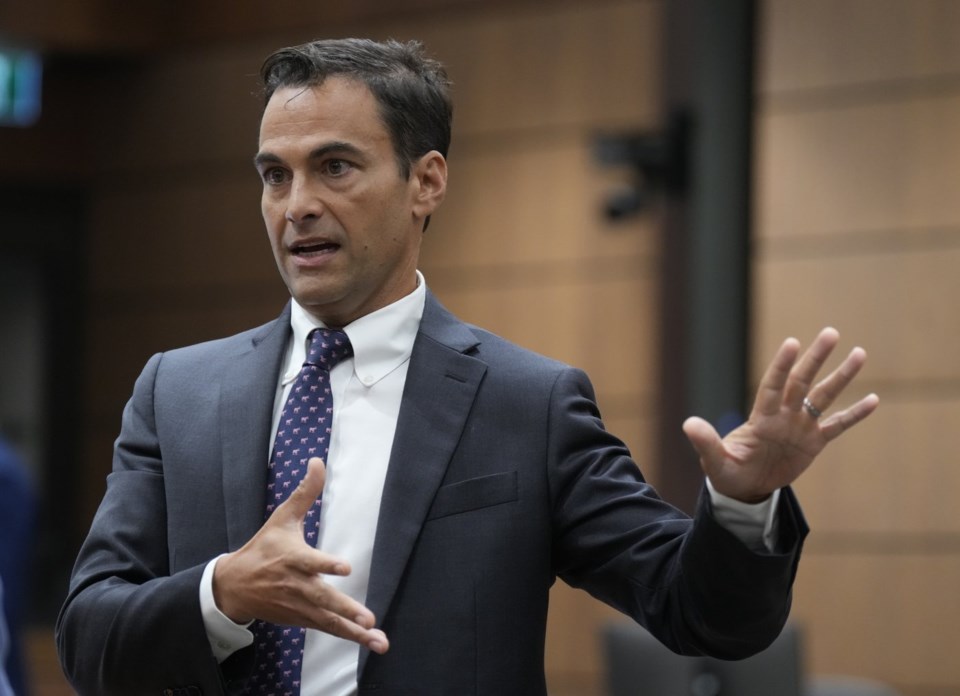OTTAWA — Canada’s interim parliamentary budget officer is sounding the alarm on the state of federal finances, warning that Ottawa’s fiscal outlook is “stupefying,” “shocking,” and “unsustainable” ahead of the Liberals’ fall budget.
Jason Jacques released a new economic and fiscal update on Thursday showing the federal deficit climbing to $68.5 billion this year, up sharply from $51.7 billion last year. For the first time in three decades, the federal debt-to-GDP ratio — once a key anchor of fiscal policy — is projected to rise rather than decline.
Jacques told MPs on the House of Commons operations and estimates committee that the combination of ambitious government spending, new program commitments, and a weakening economy amid the U.S.-led trade war paints a troubling picture. “I think everybody should be concerned,” he said, adding that Budget 2025 must set out a clear plan to restore sustainability.
The PBO’s report estimates deficits will remain near $60 billion annually over the forecast horizon, far higher than the Liberals’ December projection of $42.2 billion for this year. It also factors in $115 billion in new spending over five years announced since then, though it does not yet include additional defence spending pledged to meet NATO’s updated 2035 benchmark or planned cuts to the federal public service.
Finance Minister François-Philippe Champagne defended the government’s approach, insisting the higher deficit reflects necessary investments during a “once-in-a-generation disruption” caused by global tariffs. “My role is to ensure long-term fiscal stability while making sure the investments are there to support the Canadian economy for generations to come,” he said.
Champagne pointed to new fiscal anchors laid out in the Liberals’ spring election platform, including balancing operational spending within three years, though the PBO report suggests those targets will be missed.
Opposition parties quickly seized on the PBO’s warning. Conservative Leader Pierre Poilievre accused Prime Minister Mark Carney of breaking his pledge to “spend less,” calling him an even more expensive leader than Justin Trudeau. “Every single dollar this prime minister spends comes out of the pockets of hard-working Canadians,” Poilievre said in question period.
While Jacques refrained from judging the government’s policy choices, he stressed that the math speaks for itself. “The path for federal finances appears broadly unsustainable,” he said.
Jacques was appointed to the role of interim PBO earlier this month. His permanent appointment will need House of Commons approval, and Conservatives have already signalled they want him to stay.
As Ottawa prepares to table its budget on November 4, the watchdog’s warning sets the stage for a bruising political debate over how — and how much — Canada can afford to spend.

